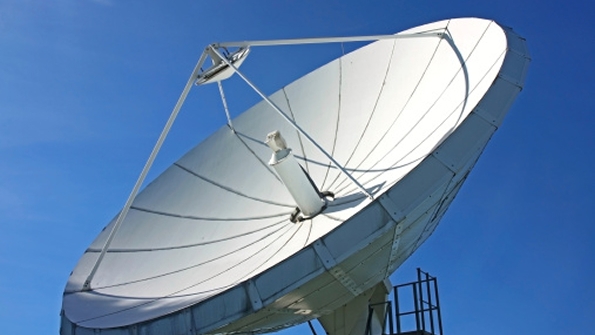Satellite License Denies Access to Local Content, Per Rep. Golden
WASHINGTON—As the expiring provisions of the STELA Reauthorization Act of 2014 is up for reauthorization, broadcasters and satellite operators are on opposing ends over certain elements, specifically the distant signal license. In a letter to members of the House Committee on Energy & Commerce and House Committee on Judiciary, Rep. Jared Golden (D-Maine) came down on the side of broadcasters, believing that it is time to let the expiring provisions sunset.

The digital signal license in STELAR allows satellite TV providers to pipe in distant TV network programming into a local TV market rather than the local TV stations. This license was first instituted 30 years ago with the goal of allowing the young satellite industry to compete with cable companies.
This has impacted Rep. Golden’s constituents, as he points out in his letter that AT&T/DirecTV subscribers in Presque Isle, Maine, do not have access to local broadcast channels despite no technological limitations that would prevent AT&T/DirecTV from delivering them. “Instead, these subscribers receive distant network signals, thereby denying communities in my district from accessing critically important local news, weather and emergency information,” Golden says.
Golden continues: “... [O]ver the past three decades, the satellite industry has grown into a viable competitor to cable television service.
“It is clear that the distant signal license has outlived its usefulness and now disincentivizes AT&T/DirecTV from offering local programming to viewers in Northern Maine.”
Golden joins fellow Maine representatives Sens. Susan Collins (R) and Angus King (I) addressing the license’s impact on local broadcasting, as well as Rep. Michael Cloud (R-Texas), who also represents one of the 12 “neglected markets,” as Golden described them in his letter.
Get the TV Tech Newsletter
The professional video industry's #1 source for news, trends and product and tech information. Sign up below.
